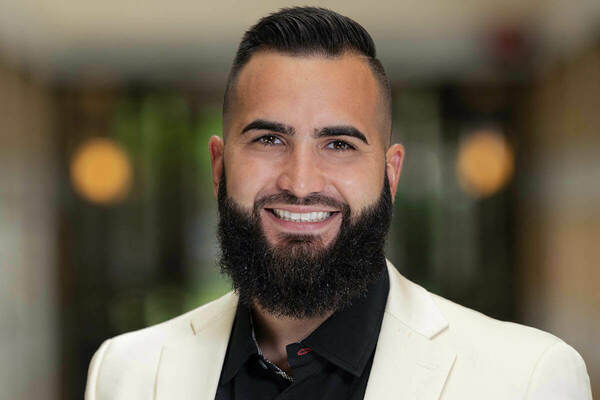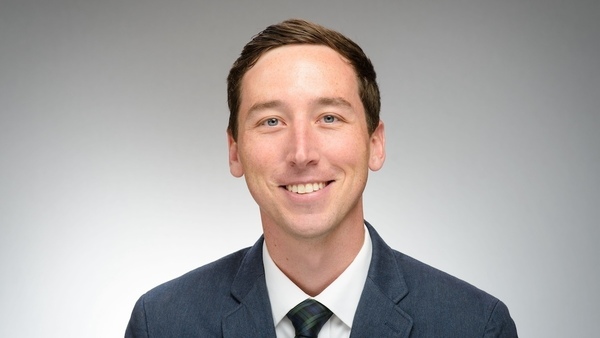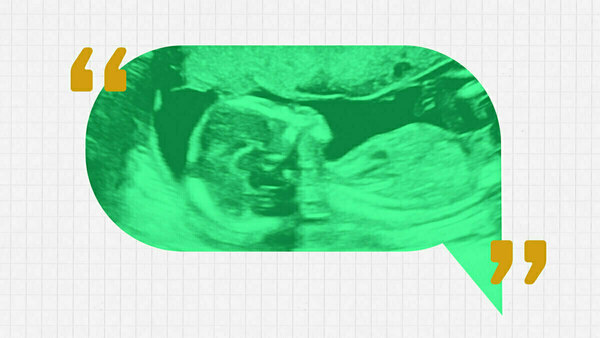From reaction to resolution: The future of allergy treatment
Twelve-year-old Lauren Eglite was thrilled to attend a Notre Dame football game with her father, Erik, in 2017, even though her acute peanut allergy demands constant vigilance.
She was even more excited when the stadium’s brand-new video board aired an NBC Fighting For story about Basar Bilgicer’s research into blocking peanut allergens from triggering immune system overreactions. She asked her father, a drug company executive and Notre Dame business school alumnus, if this might be an opportunity to get involved with a solution to a condition that had complicated her life since childhood.
“I remember to this day her looking at that screen and turning to me,” Dr. Erik Eglite said. “She said, ‘Daddy, can I meet him? I really want to do something about it.’ This kid actually did that.”
It was a bold request, but Bilgicer didn’t hesitate after Dr. Eglite reached out. The Notre Dame professor of chemical and biomolecular engineering invited the whole Eglite family to his lab and explained his complex research in overwhelming detail.
The coincidence of that video playing to the right audience of two has led to immense mutual benefits. Nearly eight years later, Bilgicer and Eglite have partnered to form a company called Artin Immunology that aims to turn Bilgicer’s peanut allergy research into a blockbuster drug.
Originally published by at news.nd.edu on July 01, 2025.
Latest Research
- Women of African ancestry may be biologically predisposed to early onset or aggressive breast cancersResearch from the University of Notre Dame is shedding light on why Black women are likely to have early-onset or more aggressive subtypes of breast cancer. The study published in iScience found that a population of cells in breast tissues, dubbed PZP cells, send cues that prompt behavioral changes that could promote breast cancer growth.
- Doctoral student Joryán Hernández to receive inaugural Sr. Dianna Ortiz, OSU Peacemaker AwardJoryán Hernández, a peace studies and theology doctoral student at the University of Notre Dame, was tapped as the first-ever recipient of the Sr. Dianna Ortiz, OSU Peacemaker Award from Pax…
- The Institute for Educational Initiatives at Notre Dame Launches Free Math App to Help Teachers Strengthen Students’ Understanding of Numbers and OperationsThe Number Sense Assessment app gives educators quick, research-based insights to target instruction and improve student outcomes Notre Dame, IN — Researchers at the Institute for Educational Initiatives at the University of Notre Dame have launched…
- U.S. Senator Todd Young on bridge-building in Congress and Notre Dame’s role in strengthening civil discourseThe University’s home state Senator discusses the importance of fostering common ground, on Capitol Hill and on campus
- Notre Dame researchers to shed light on the Brazilian Amazon, conflict resolution, microplastics, and moreNotre Dame Research (NDR) has selected five awardees of the Research and Scholarship Program – Regular Grant (RSP-RG) and five awardees of the Research…
- First impressions count: How babies are talked about during ultrasounds impacts parent perceptions, caregiving relationshipPsychologist Kaylin Hill studied the impact of a parent’s first impression of their baby during an ultrasound exam. The words used by the medical professional to describe the baby (positive or negative) influence how the parents perceive their baby, relate to them after they're born and even how that child behaves as a toddler. The research has broad implications for how we train medical professionals to interact with expectant parents, as well as how we care for parents during the perinatal period when they are most susceptible to depression.












